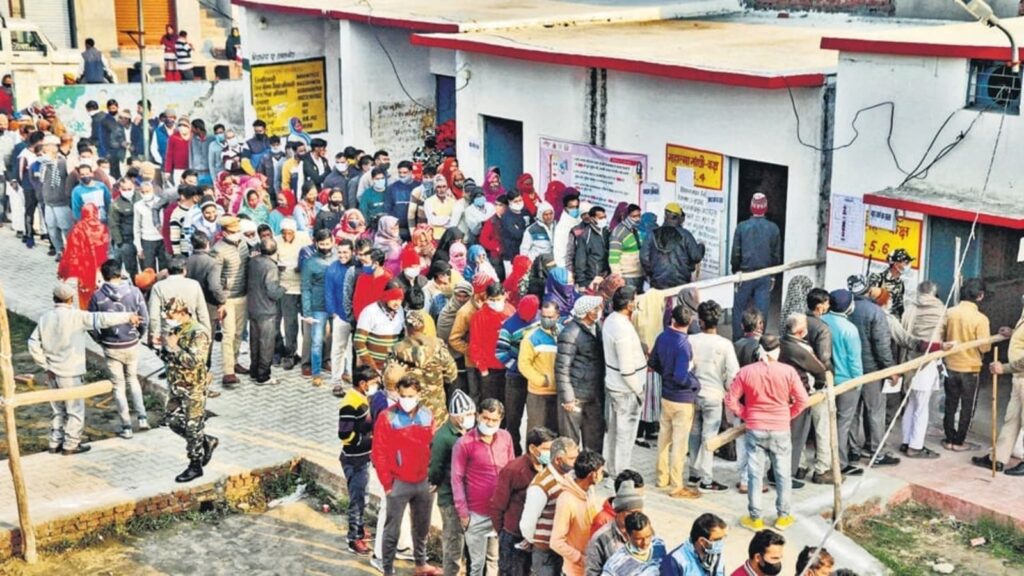There is much that remains unknown about the government’s recent move to explore the possibility of simultaneous polls to state assemblies and the Lok Sabha. How will it happen? The experts who have looked into the issue before (a parliamentary panel, a Niti Aayog report, and the Law Commission) differ on the mechanics of its implementation. Will any political party agree on truncating the tenure of its government in a state, as will be inevitable if such a proposal is to be operationalised? Will it require a constitutional amendment? How will no-confidence motions, hung assemblies, defections, and collapse of governments – these were some of the reasons the original synchronised rhythm between national and state elections was first broken after 1967 – be dealt with?
Some of these questions might be answered with the report the expert panel — headed by former President Ram Nath Kovind — prepares. The committee ran into controversy within hours of its notification after Congress leader Adhir Ranjan Chowdhury declined to join. The leader of the Congress in the Lok Sabha said the terms of reference of the panel were prepared in a manner to guarantee its conclusions, calling it a total eyewash. In many ways, this development presaged the one inevitable outcome of this fractious process — another strain on the federal fabric.
In India’s polarised political atmosphere, it is almost impossible to strike a consensus. On simultaneous polls, Opposition parties already believe that the BJP’s motive is to bridge its weakness in state polls by clubbing it with national elections, where it has shown unparalleled dominance. The BJP, too, has not shown much inclination towards taking other parties on board. This is unfortunate, given that such an instrumental exercise needs as broad a public consultation as possible. There are cogent arguments on either side of the aisle — development vs accountability, electoral expenses vs political choices, governance vs electoral fairness. The substantive issues shouldn’t get lost in the political dust the exercise will kick up.
Embrace independence with quality journalism
Save on HT + The Economist subscription


